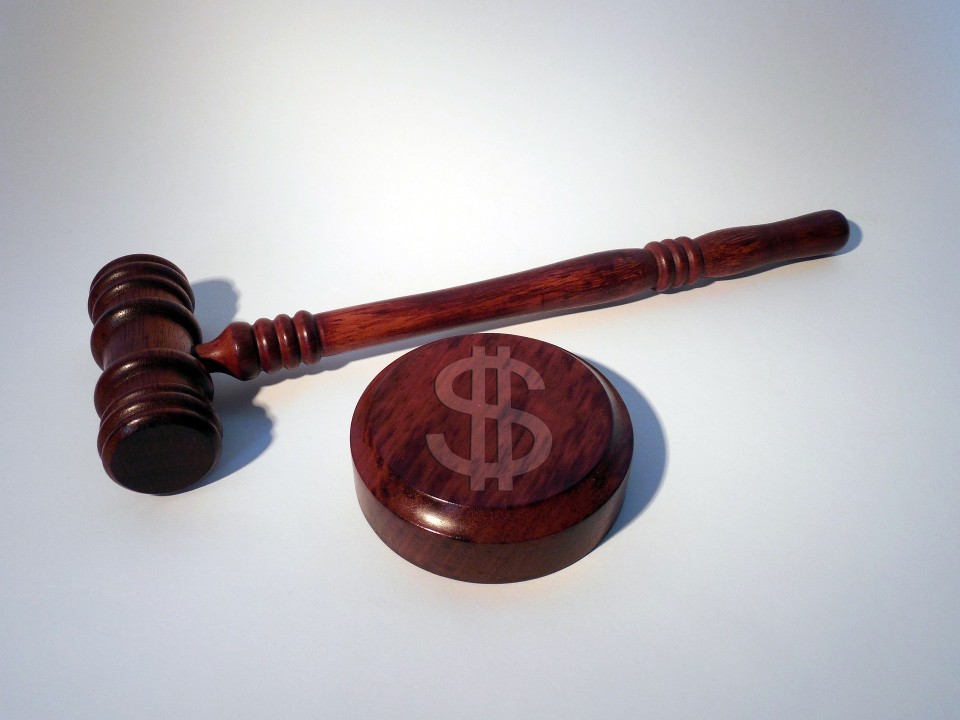
In today's litigious society, parties are quick to sue others but, due to the demands of life, defendants will oftentimes overlook the lawsuit. Doing so typically results in the entry of a judgment by default - meaning the defendant did not appear in the lawsuit to defend against the complaint. The plaintiff - now the judgment creditor by virtue of his or her judgment - will then seek to use the judgment to seize the assets of the defendant, the judgment debtor.
Once aware of the judgment enforcement efforts against them, judgment debtors typically will seek legal counsel in an attempt to set aside or vacate the judgment entered. But there are procedural requirements to follow; the judgment debtor must, above all else, act quickly to ensure their rights are protected.
A. The process for obtaining a default judgment.
Obtaining a judgment by default is a two-step process. Before a default judgment can be entered, a plaintiff must first request and obtain an entry of default against a defendant. Once the court has entered default, the defendant can no longer appear in the proceedings other than to challenge the entry of default. Once the defendant is in default, the plaintiff then typically files a detailed "prove-up" motion seeking a default judgment from the court. If the court grants the prove-up motion, a judgment is issued against the defendant. The plaintiff can now seek to enforce that judgment.
B. If the failure to defend is a result of the neglect or mistake of the defendants, a defendant can seek discretionary relief from entry of default or entry of a default judgment within six months after default was initially entered. (Code Civ. Proc., § 473(b).)
If default has been entered but a judgment has not yet issued, a defendant has six months to seek relief from entry of that default on the grounds of "mistake, inadvertence, surprise, or excusable neglect" pursuant to section 473(b) of the California Code of Civil Procedure. In essence, the defendant must assert why he or she did not respond to the complaint by setting forth a showing of mistake, inadvertence, surprise, etc.
Often, however, the defendant is unaware of the entry of default at the time a default judgment is entered. Once default judgment has been entered, the defendant/judgment debtor again has six months to seek relief under Section 473(b) on the grounds noted above. But even if the judgment debtor moves for relief within six months of issuance of the default judgment, the court will refuse to vacate the default under Section 473(b) if the motion is brought more than six months after entry of default. Vacating the judgment would be an "idle act." This is because even if it were vacated, the defendant would remain in default, unable to oppose any subsequent "prove-up" motion. (See, e.g., Pulte Homes Corp. v. Williams Mechanical, Inc. (2016) 2 Cal.App.5th 267, 273.)
C. If the failure to defend is the fault of their attorney, the defendants can seek mandatory relief within six months of entry of the default judgment. (Code Civ. Proc., § 473(b).)
A judgment debtor may obtain relief from a default judgment if they seek said relief within six months of entry of the default judgment - even if default was entered more than six months prior - if their attorney attests that the failure to defend was a result of the attorney's mistake, inadvertence, surprise, or neglect. (Code Civ. Proc., § 473(b).) Should the attorney do so, relief from the default judgment is mandatory.
The court will relieve the party from both the default judgment and the entry of default. (See Cisneros v. Vueve (1995) 37 Cal.App.4th 906, 909.) This makes a motion to vacate based on attorney fault is a useful tool if the defendant blew the six-month deadline from the date of entry of default so long as it has not yet been six months from the date of entry of judgment. That window is often several months long.
Often, however, attorneys are either not at fault or are unwilling to fall on their sword, which means a judgment debtor must look to other provisions of Code for relief.